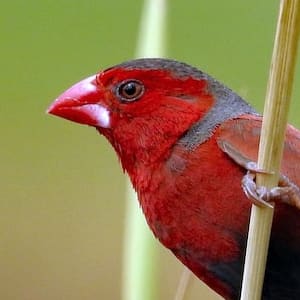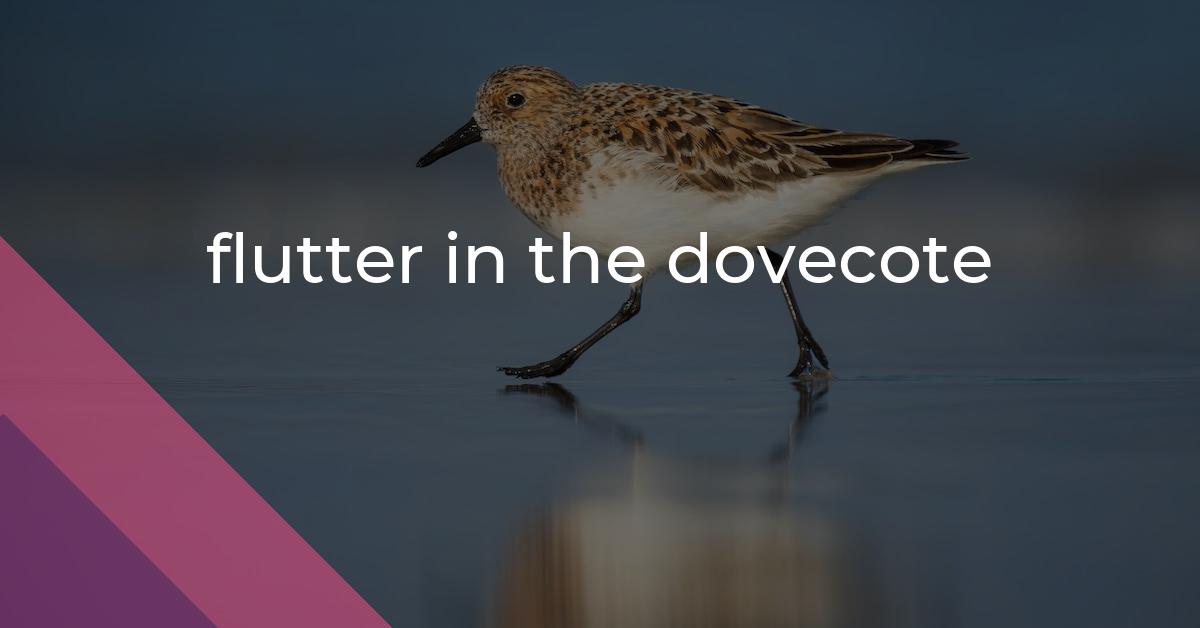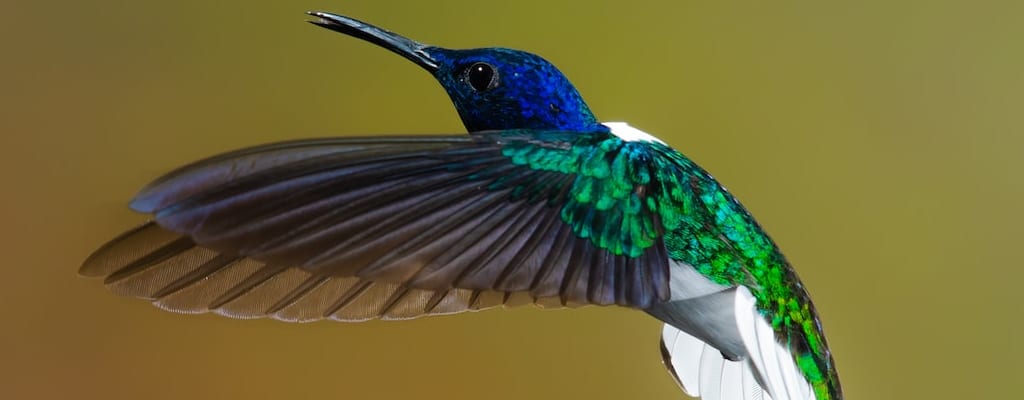flutter in the dovecote: Idiom Meaning and Origin
What does ‘flutter in the dovecote’ mean?
The idiom "flutter in the dovecote" means to cause a stir or create excitement and unrest among a group of people or in a particular situation.

Idiom Explorer
The idiom *the feathers fly* means a situation where there is a lot of noise, conflict, or commotion, usually resulting in a heated argument or fight.
The idiom "let fly" means to release or throw something forcefully or with great speed. It can also refer to speaking or expressing oneself freely and without restraint.
The idiom "knock someone over with a feather" means to greatly surprise or astonish someone to the point where they are rendered speechless or unable to react.
The idiom "knock someone down with a feather" means to greatly surprise or shock someone. The use of the feather emphasizes how unexpected or unbelievable the news or event is.
The idiom "in the wind" means to feel or sense that something is about to happen or change, often referring to a situation that is not yet fully known or understood.
The idiom "herd cats" means to attempt to control or coordinate a group of people or things that are unruly or difficult to manage. It implies that the task is extremely challenging and likely to meet with limited success.
The idiom "have bats in one's belfry" means to be crazy or mentally unstable.
The idiom "go wild" means to become extremely excited or enthusiastic, often losing control of one's behavior or actions.
The idiom "fox in the henhouse" refers to a person or thing that poses a threat or danger by infiltrating a group or situation where they are not welcome or trusted.
Mysterious Dance
In the world of idioms, there are phrases that capture unique and vivid images, painting pictures in our minds with their words. One such idiom is "flutter in the dovecote." This idiom evokes a sense of restlessness and agitation within an otherwise peaceful environment. It speaks to the disruption of tranquility, causing a stir and knocking people over with surprise.
When we break down this idiom, we find two key components that contribute to its overall meaning. The word "flutter" suggests rapid, agitated movement, often associated with the flapping of a bird's wings. It conveys a sense of excitement, nervousness, or unease. The phrase "in the dovecote" refers to a structure used to house doves or pigeons, symbolizing a place of harmony and peace. This idiom, therefore, captures the contrast between movement and stillness, disturbance and calmness.
With its British origins dating back to at least the early 19th century, the idiom "flutter in the dovecote" has found its way into both British and American English. It continues to be used today, resonating with people who understand its nuanced meaning. When someone causes a flutter in the dovecote, they bring about a disruption or disturbance in a usually tranquil setting.
One related idiom that shares a similar sentiment is "flutter the dovecote." When someone "flutters the dovecote," they agitate or disturb the calmness of a situation or group of people. It's like throwing a stone into a pond, causing ripples that spread and unsettle the water. the feathers fly, indicating that there is a commotion or an uproar.
Another idiom associated with this theme is "cause a stir." When something or someone causes a stir, they create a commotion or arouse interest or controversy. It's like being the fox in the henhouse, igniting chaos and disrupting the peace that once reigned. The unexpected presence of the fox startles the hens, knocking them over with surprise as if feathers were flying.
These idioms all tie together, capturing the essence of unease and unrest in different contexts. Whether it's a flutter in the dovecote, feathers flying, causing a stir, or being a fox in the henhouse, they all paint a picture of disruption and disarray within an otherwise stable environment.
As with many idioms, the exact origins of "flutter in the dovecote" remain uncertain. While it may have literal roots, deriving from the flapping of birds' wings in a dovecote, its use as a metaphorical expression could also be plausible. The contrast between movement and stillness, agitation and calmness, offers a powerful image to convey the disruption of tranquility.
The idiom "flutter in the dovecote" continues to captivate our imagination and find relevance in our everyday lives. It envelops the feeling of unease and restlessness that can sweep through a once peaceful environment. Its presence in the English language demonstrates the power of language to capture complex emotions and concepts with just a few simple words.
Example usage
- She felt a flutter in the dovecote when she learned that her favorite singer was performing in her city.
- The team's victory caused a flutter in the dovecote as fans celebrated wildly in the stands.
- The unexpected resignation of the senior executive created a flutter in the dovecote of the company, leading to uncertainty among the employees.
More "Confusion" idioms



